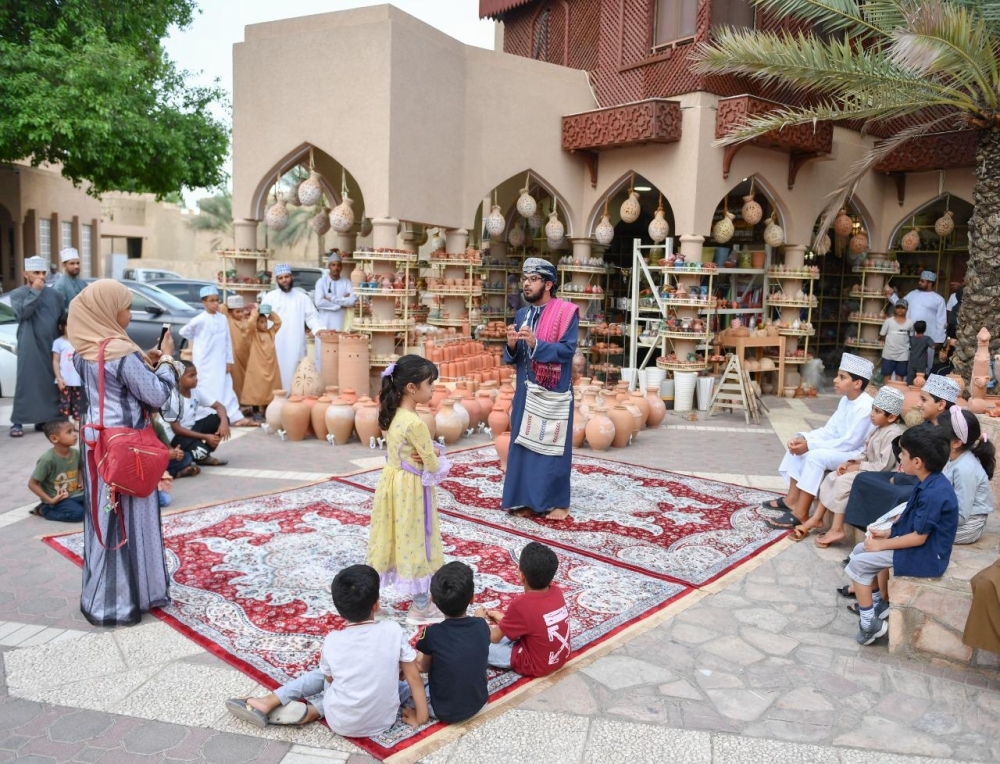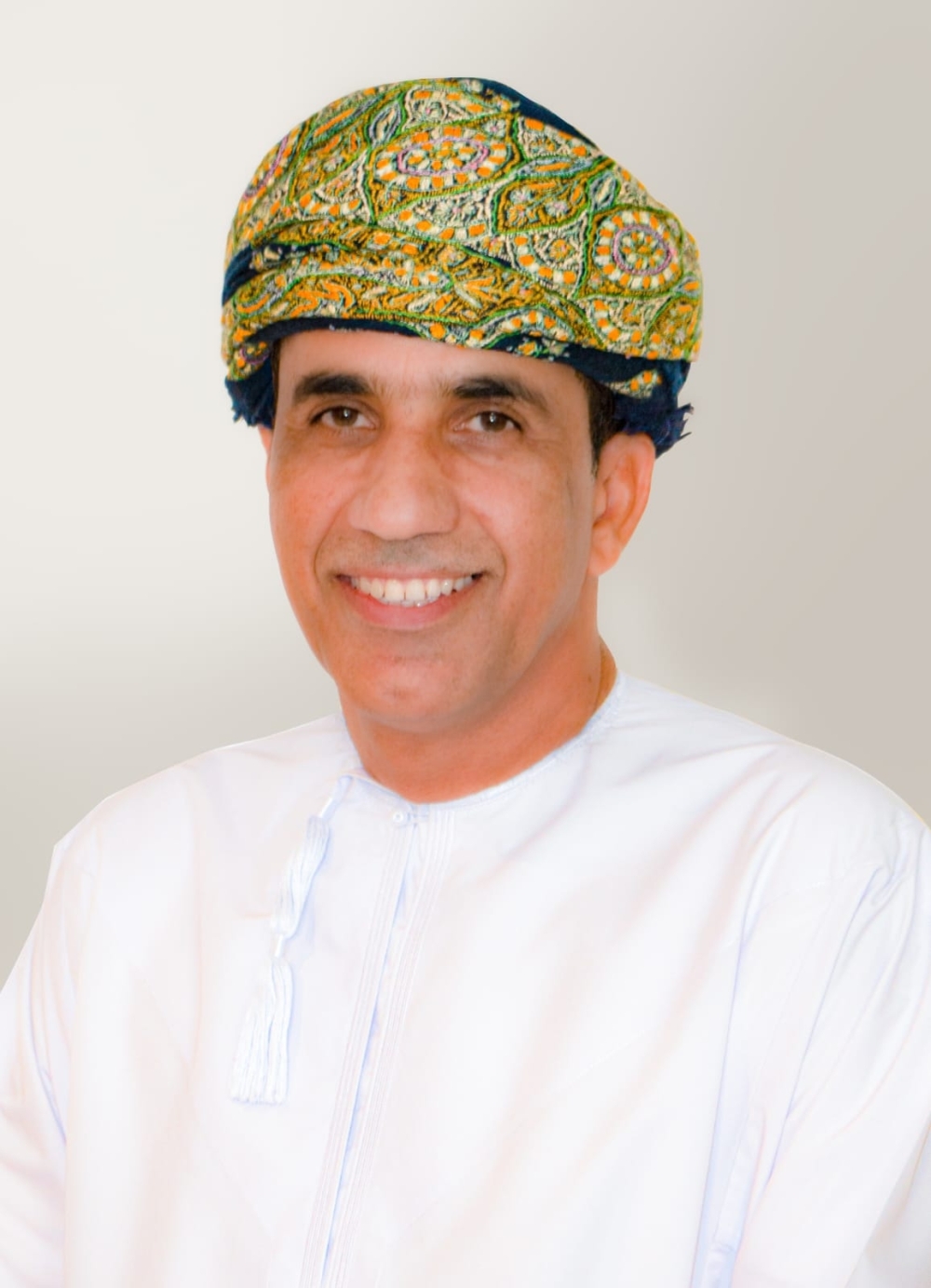

Drugs have become the plague of our times. The spread of drugs to almost every part of the world has become one of the main concerns for governments and societies alike. In the 1990s, drugs were not a major societal issue in Oman. But drugs have become now widely prevalent and more likely to be damaging to individuals and society as a whole.
Oman has long considered the family as the basic unit in society, which traditionally consists of parents rearing their children. The Omani society hinges hope on the family to fight against the spread of such social evils like drugs.
Omani families traditionally follow noble ideals and morals in bringing up their children. Children are taught to adopt and practice good manners, values conforming to accepted standards of conduct and morally excellent behaviour. But what happens nowadays is that the role of family in such rapidly changing ways has slowly begun to give up its traditional role to the control and influence of modern tendencies, along with a gradual shift away from its long established and commonly practiced function.
If we just look back at the hallmarks and distinguishing characteristics of the Omani culture and traditions that were present in the past, we will find that the core values of bringing up children entail that they should possess traits such as fairness and straightforwardness of conduct, kind deeds, generous heart characterised by a noble and kindly spirit, expressions of high and special regard and deference, the capacity and habit of being patient, and firm adherence to moral codes and values.
If such traits are still cultivated since early childhood and have been the case from the very beginning of children's life, there is no doubt that they serve as the early influences and characteristics against bad habits such as drugs and other acquired modes of bad behaviour that have become nearly or completely involuntary in our society.
Another very important foundational part within the Omani society is religion. As a Muslim country, the role of the family is to bring up children acting in accord with divine and moral law. Islam exhorts its adherents to raise children with strong moral rectitude and integrity. Young people should be taught to live according to ethical and religious values.
Islam often warns its followers against committing any acts that may result in both physical and spiritual harm to one's own, as narrated Surah Al-Baqarah (Verse:195), which clearly says "do not cast yourselves into harm's way". Islam further urges its adherents to bring up righteous children, without any moral or social decay.
In Islam, parents are responsible for their offspring. If children are morally upright and well-behaved, and adhere to religious and ethical values, they would not become drawn towards drugs or other traits of corruption nor do they get swept away by negative societal habits.
What we should teach our children is to remain firm in belief, determination and adherence to their morals and values. They should also be taught to keep away from bad influences, environments conflicting with generally and traditionally held moral principles, and other destructive tendencies and manners of bad behaviour, while avoiding actions that may lead to moral and ethical compromises.
Oman Observer is now on the WhatsApp channel. Click here




